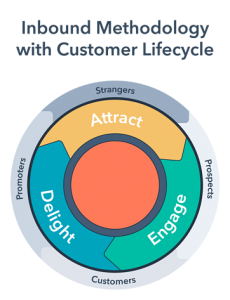
Everyone wants their presentation to be a success. Every presentation is an opportunity to inspire people to act or at the very least think differently. Each presentation offers an opportunity to lead, improve lives and make organisations stronger.
The success of any presentation depends upon a great deal more than your ability to deliver it well. The most confident, dynamic and expressive presenter will still struggle if their content is poor and not mindfully crafted.
We see evidence of this every week in our presentation skills training courses and one to one public speaking coaching sessions. Very capable, competent and charismatic professionals relying on their personality at the expense of their content.
The foolproof route to presentation success is grounded in mindfulness. At Mindful Presenter our perspective on mindfulness extends way beyond presence. Mindful presenting incorporates:
– A high level of consciousness, awareness and focus
– The courage to challenge the status quo
– Self-examination and openness to feedback
– Empathy, compassion and the intention to make a difference
– Clarity of purpose and the humility to make everything about your audience
The best way to ensure that you include all of these presentation success elements revolves around a 3-part conversation. This conversation offers the foolproof route to presentation success.
The conversation
Before
Long before you open your laptop or begin building slides make a point of calling or emailing key members of your audience with the following:
– A summary explanation of what you will be speaking about and why you believe it is of relevance and significance to them.
– A statement of intent from you making it clear what they can expect and making a promise you can comfortably keep.
– A question asking them how much they already know about the topic.
– A question asking them how they feel about your summary explanation and statement of intent.
– A request that they share their view on how much they need to know, what they need to know and what they would consider as helpful/valuable.
– A request that they share any personal anxieties, beliefs or biases on the topic.
During
Don’t make the assumption that you are delivering on and achieving the elements of the ‘before’ conversation.
– Check-in with them from time to time to understand their perception of the value of your content.
– Give them permission and encourage them to stop you at any point if they feel that you’re ignoring what they told you in the ‘before’ conversation’.
– Check their understanding of the content and points you are making asking them if they can see the relevance and value.
Afterwards
Within 48 hours of your audience leaving your presentation call or email them and ask them the following questions about their presentation experience:
– How much they remember and what key message/s they took away.
– How you made them feel.
– How relevant they felt your content was to them personally.
– What impact your presentation had on them in terms of what if anything they will be doing with the information you shared.
– An honest view of your presentation style, in other words, what they liked and didn’t like about the way you delivered your presentation.
I’m mindful of the fact that the fool-proof route to presentation success isn’t an easy one. It will take time, courage and discipline to follow this path but just imagine the difference it will make to your journey as a mindful presenter.
More importantly, consider the impact you will have on future audiences; they will be extremely grateful.
Image courtesy of: istock
Business & Finance Articles on Business 2 Community
(28)
Report Post







